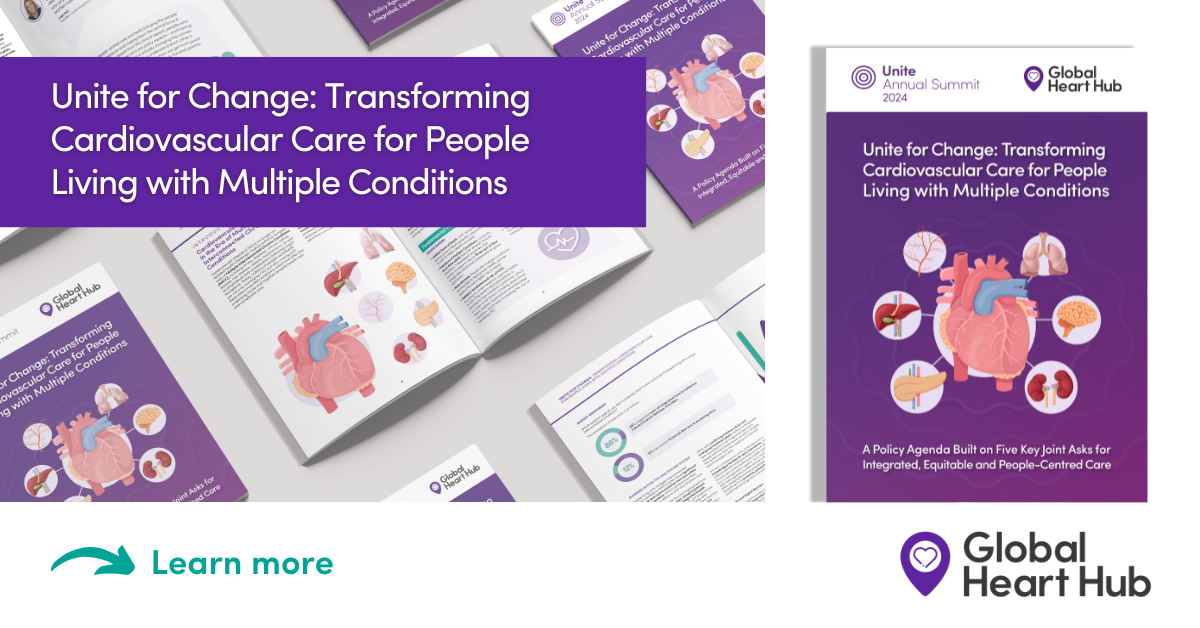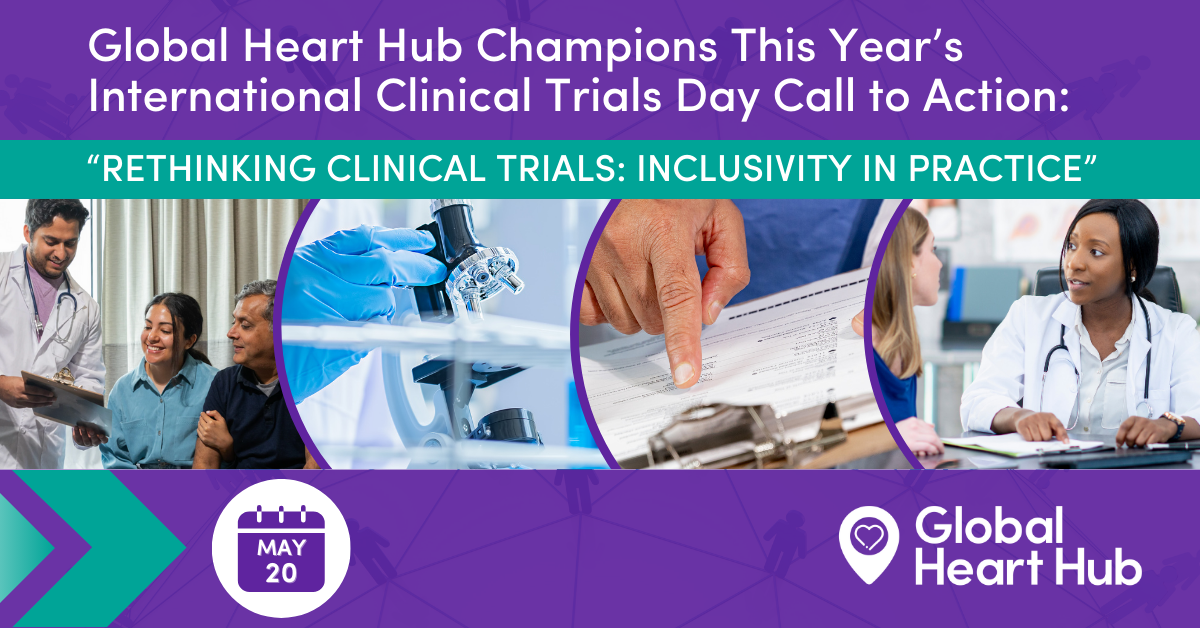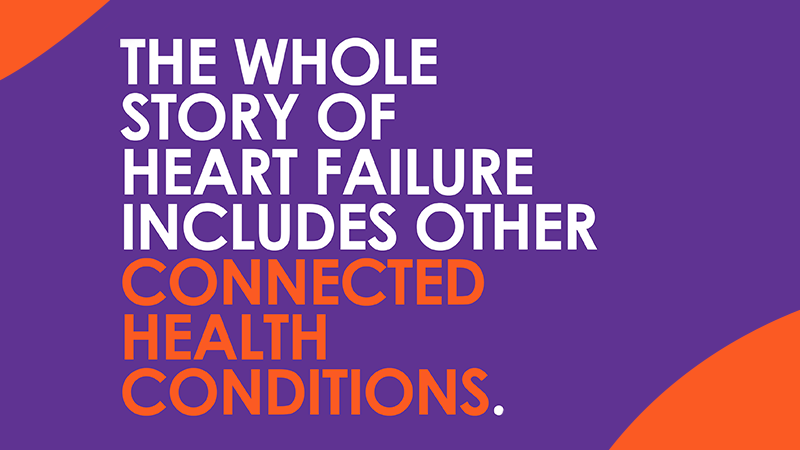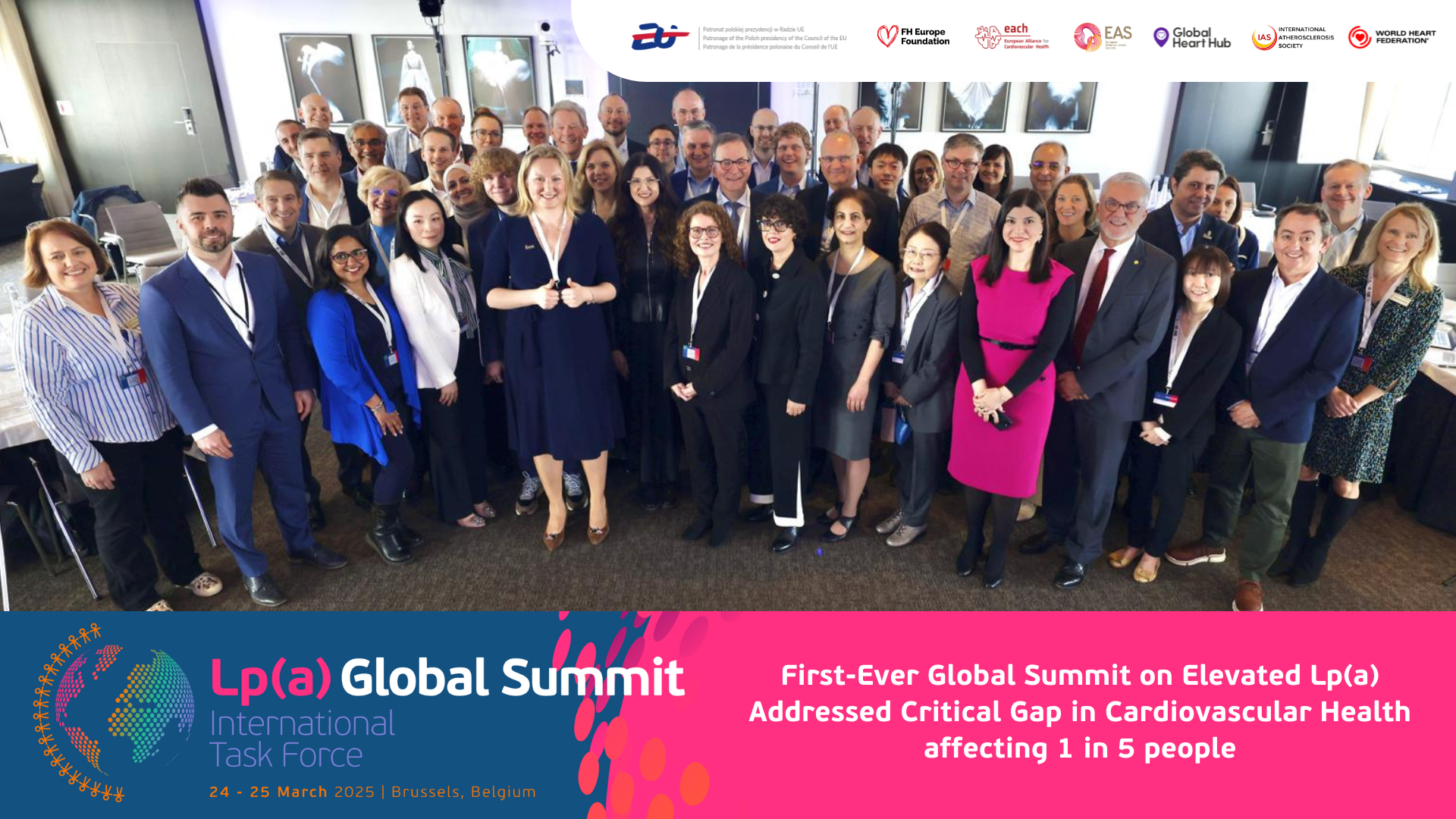Uniting for HoFH Awareness on May the 4th
Amsterdam, Netherlands – 1 May 2024
May the 4th is special. Not only because it is the official day of celebration for Star Wars fans around the world but, this year, it marks the launch of the first awareness day for Homozygous Familial Hypercholesterolaemia (HoFH).
HoFH is a rare and severe genetic disorder characterised by extremely high levels of LDL cholesterol from birth. It affects approximately 1 in 300,000 individuals worldwide. The excessive buildup of LDL cholesterol can lead to the early onset of heart health issues, coined with the term cardiovascular disease (CVD), including heart attacks and strokes, even death, as early as the first decade of life. Due to its rarity, the situation of people with HoFH is often overlooked, which does not do justice to the gravity of the condition and the challenges patients with HoFH and their families face. Nor is the importance of early diagnosis and immediate treatment of people with HoFH widely understood amongst the medical and lay public.
With the theme One Galaxy, One Heart: UNITE FOR HoFH AWARENESS the community hopes to evoke the spirit of unity, solidarity, and collective action in raising awareness about HoFH. The occasion has already activated global stakeholders and supporters operating in the space of cardiovascular health, inherited lipids, patient advocacy and more. Motivated by a shared desire to shine a spotlight on what it means to live with HoFH and to prevent the preventable, the FH Europe Foundation and the international HoFH Patient Ambassadors and their families, invited to join forces with the World Heart Federation, the European Atherosclerosis Society and the International Atherosclerosis Society, Global Heart Hub, the Iraqi Lipid Clinics Network, and many more organisations and individuals in the campaign.
“The patients’ community chose May the 4th given its association with the Star Wars phrase ‘May the Force be with you.’ Just as the characters in Star Wars bond together to overcome challenges, people and families affected by HoFH can find strength and support in their community.” said Elsie Evans, FH Europe Foundation’s Education Project Manager and an HoFH Ambassador.
The campaign, will raise awareness of the need to urgently improve early detection with increased systematic childhood screening programs, ensure correct and timely diagnosis combined with equitable access to treatment and genetic counselling for those affected with this rare and severe disorder.
Prof. Albert Wiegman, from the Netherlands, world expert in treating children with HeFH and HoFH, is excited about the new era “Effective treatments to lower the extremely high blood cholesterol to normal levels are being developed or improved and approved for children. But …while those, who are in the greatest need of these treatments are being detected in one country, in another country they are hardly diagnosed or far too late. Unthinkable but true. There is urgency to find them early and to treat them well. It will add decades of healthy life years. Creating awareness is vital!”
According to Chyrel Lichaa, HoFH Ambassador from Lebanon and the Project Manager for the campaign, “As HoFH patients, we should not have to let healthcare uncertainties dictate how we lead our lives or stand in the way of our happiness. True care extends beyond medication; it embraces our emotional and mental well-being. We deserve better than to be at the mercy of treatment availabilities. Unfortunately, some of us face the challenges and limitations of having HoFH daily.”
‘We are thrilled to announce the launch of HoFH Awareness Day,’ said Magdalena Daccord, CEO, FH Europe Foundation. “By uniting, we gain more visibility and a stronger voice. We can inform the public, medical community, and policy makers on how to diagnose early and support better people with HoFH and their families. We also want to draw attention to the fact that while HoFH can be diagnosed and successfully managed, due to complexity of care, low level of awareness about FH in general and other factors including cost of treatment, there is huge variation in detection and the level of care around the world.”
In effort to raise awareness and to unite the global HoFH community, a dedicated competition will be announced to develop a logo for the day. The idea behind it is simple. An open invitation to the public to create a logo for the community and the day will stimulate a participatory element of the campaign. The possibility to participate will be open till September 24th, which marks the FH Awareness Day, building a bridge between the two important dates.
For more information on how to support this campaign and to get involved here or follow us on social media using the hashtag #Unite4HoFH.
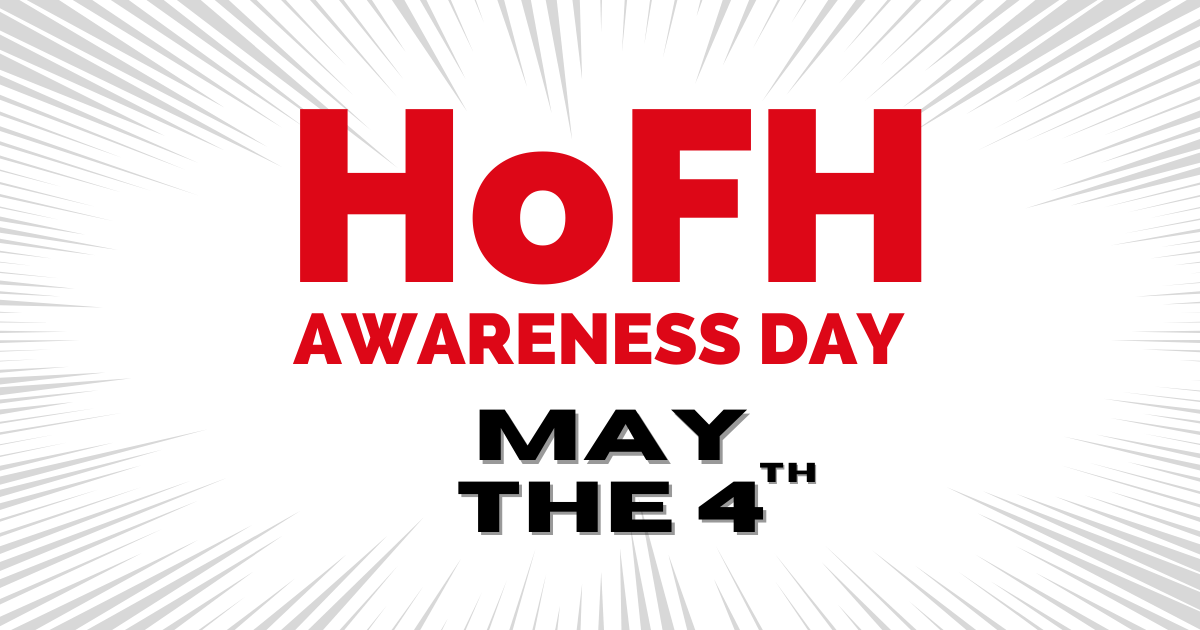
About FH Europe Foundation
The FHEF is the only not-for profit, network of patient organisations across Europe dedicated to preventing the consequences of inherited dyslipidaemias, particularly Familial Hypercholesterolaemia (FH) and its rare form Homozygous FH (HoFH), elevated Lipoprotein (a), and Familial Chylomicronaemia Syndrome (FCS). The Network, formed in March 2015 currently includes 31 organisations across 28 European countries and one global organization.
About HoFH
HoFH is the rare and the most severe form of Familial Hypercholesterolemia (FH). Untreated, HoFH often causes heart disease (heart attacks and aortic valve disease) beginning in the early childhood. It is estimated to affect as many as 1 in 300,000 people all over the world. People with HoFH typically have LDL cholesterol levels significantly higher than 400 mg/dL, compared to normal levels of less than 100 mg/dL. This excessive buildup of LDL cholesterol can lead to the early onset of cardiovascular disease, including heart attacks and strokes, even death, as early as the first decade of life. The burden of HoFH is significant and multifaceted, impacting various aspects of life, reaching far beyond physical health. Treatment for HoFH typically involves aggressive cholesterol-lowering therapy, including a combination of cholesterol-lowering medications, LDL apheresis, dietary modifications, and as measure of last resort, liver transplantation. Like with any rare disease – treatment can be expensive or simply not available, leaving many who need it at a serious risk.

